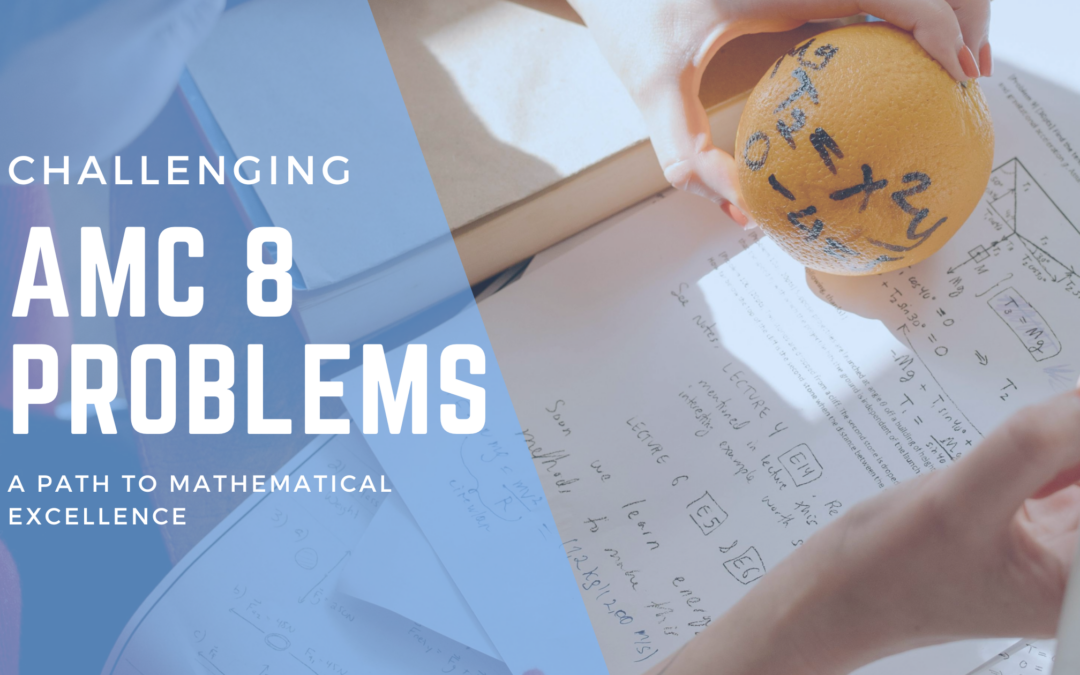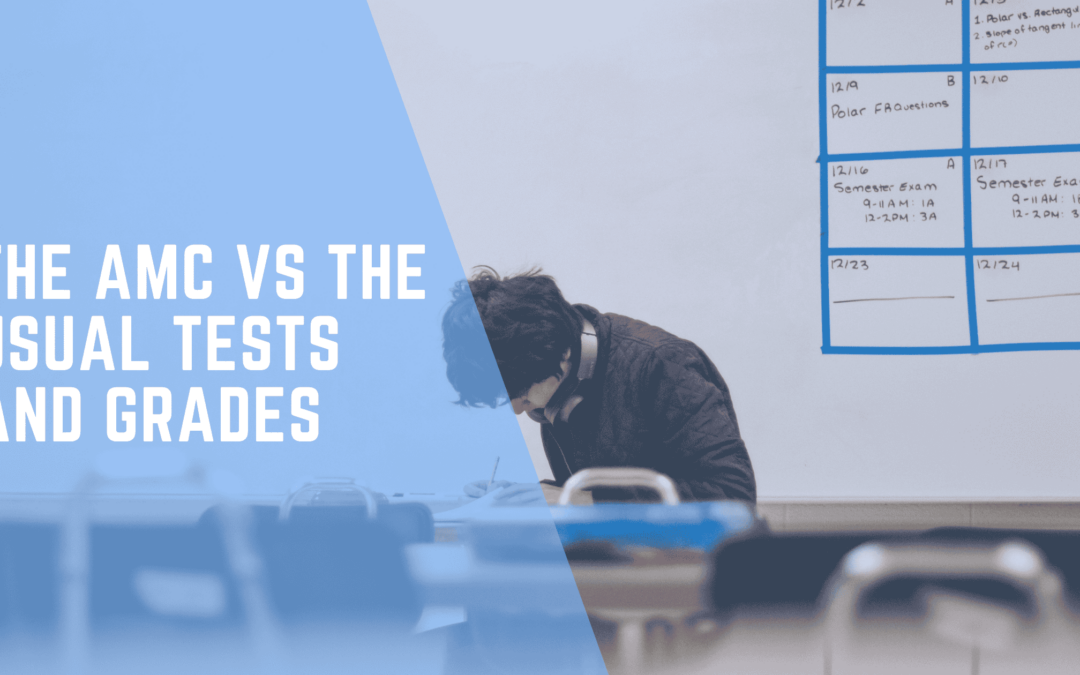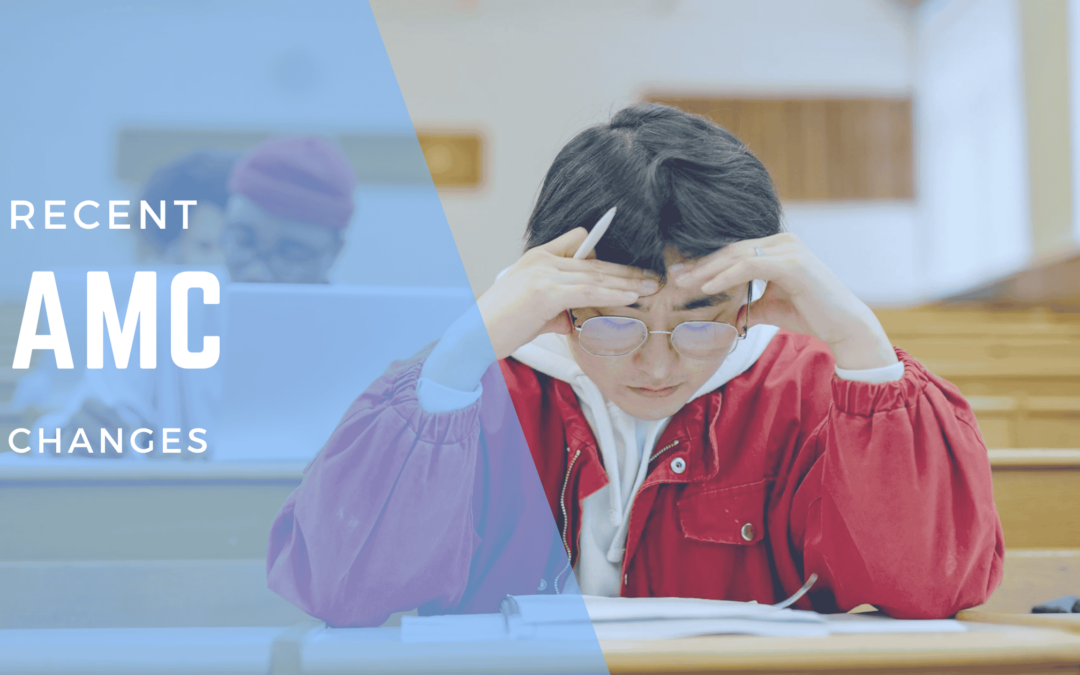Mathematics is more than just numbers and equations. It is a fascinating world of patterns, logic, creativity, and beauty. But how can you discover and appreciate the wonders of mathematics? One way is to participate in the AMC 8, a prestigious contest for middle...



